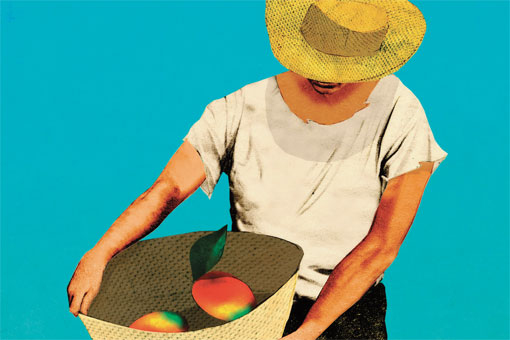For a country that prides itself on its scientific accomplishments, Cuba may, by necessity and desperation, have stumbled upon a modern-day economic niche that will serve it well in the future. That niche? Organic farming, the favorite of socially and health-conscious yuppies throughout the developed world.
During what the government called, euphemistically, the período especial following the 1991 collapse of the Soviet Union and the loss of Russian subsidies, Cuba’s GDP was halved and imports dropped by 75 percent. The availability of fertilizers and pesticides dropped by about 70 percent, and petroleum energy imports, which supported heavy machinery in farming, were cut in half. The resulting paralysis in food production sparked shortages. Caloric intake for the average Cuban dropped 30 percent islandwide during the early 1990s, well below the United Nations Food and Agriculture Organization (FAO)-recommended minimums.
In response to the crisis, the government dispatched its scientists to the fields with a new agricultural gospel…





